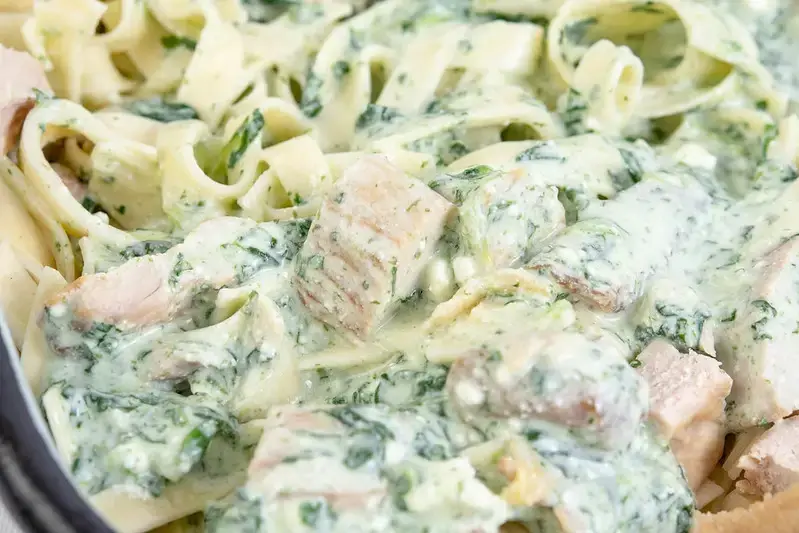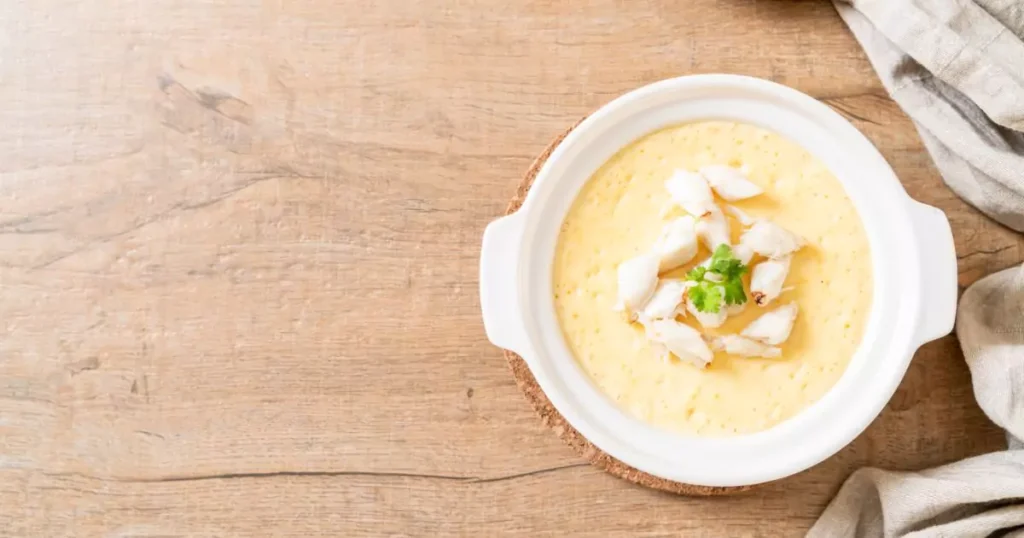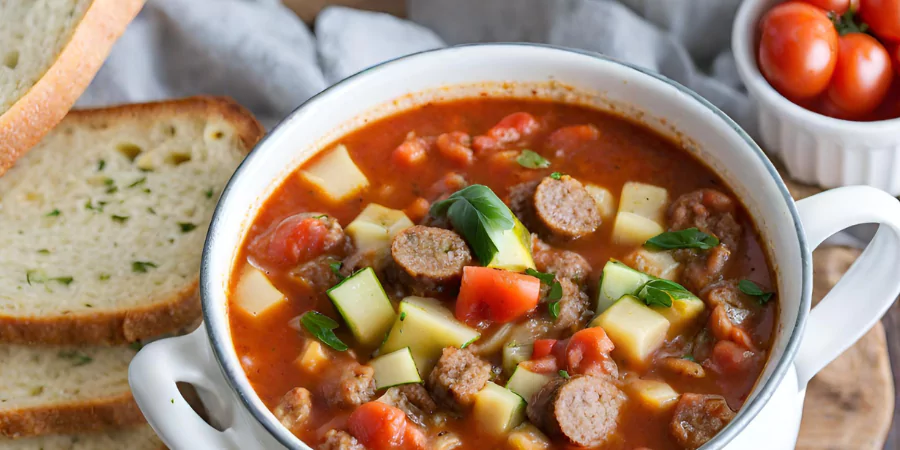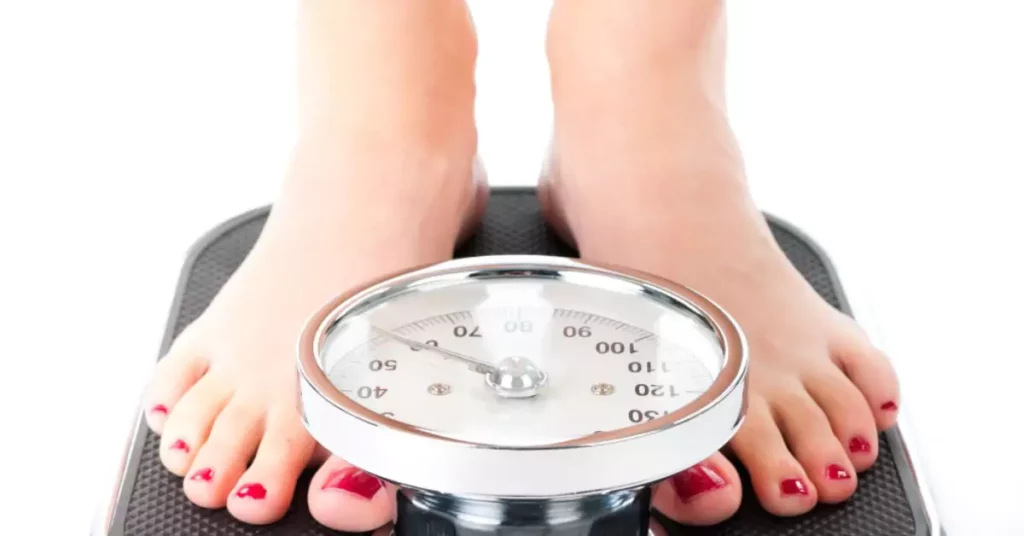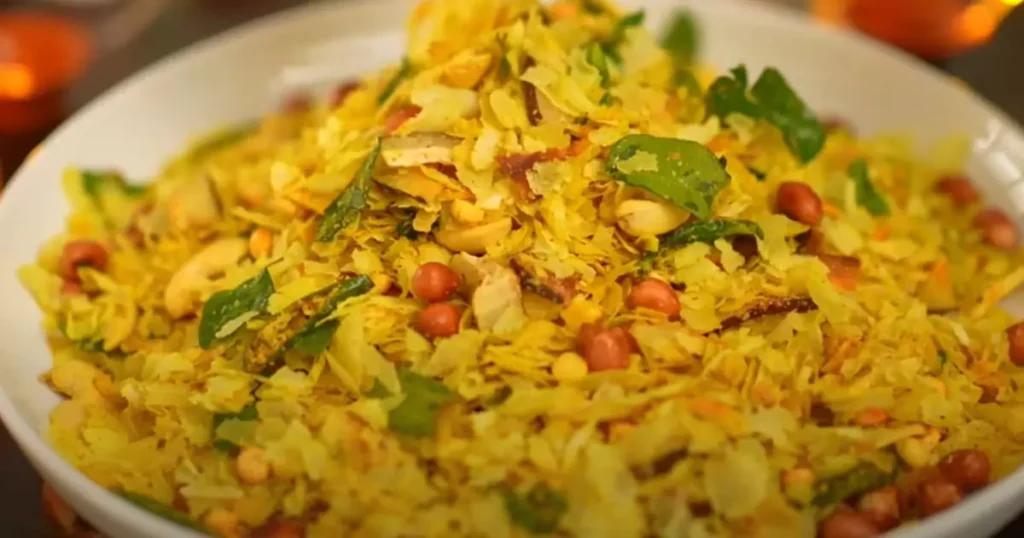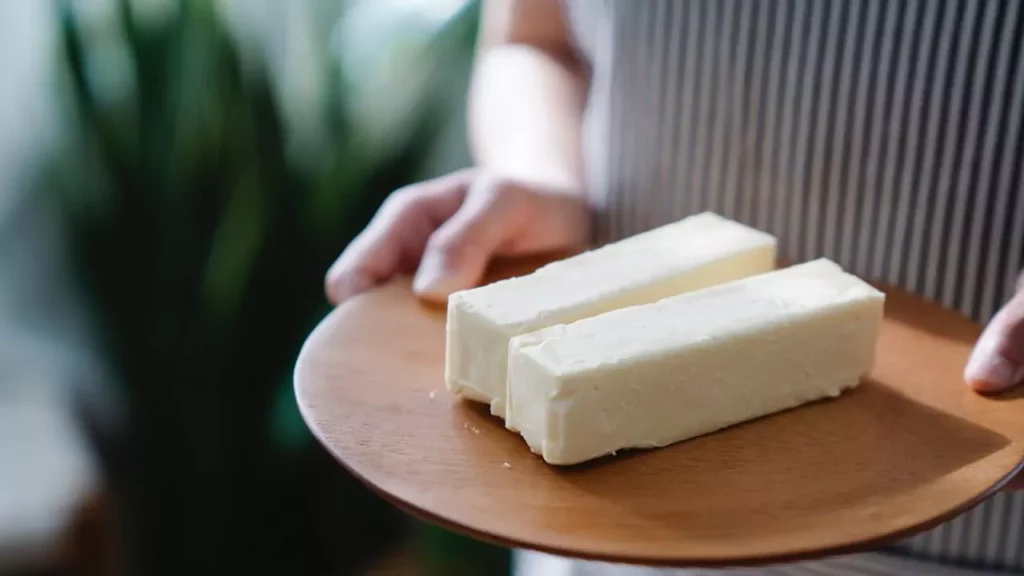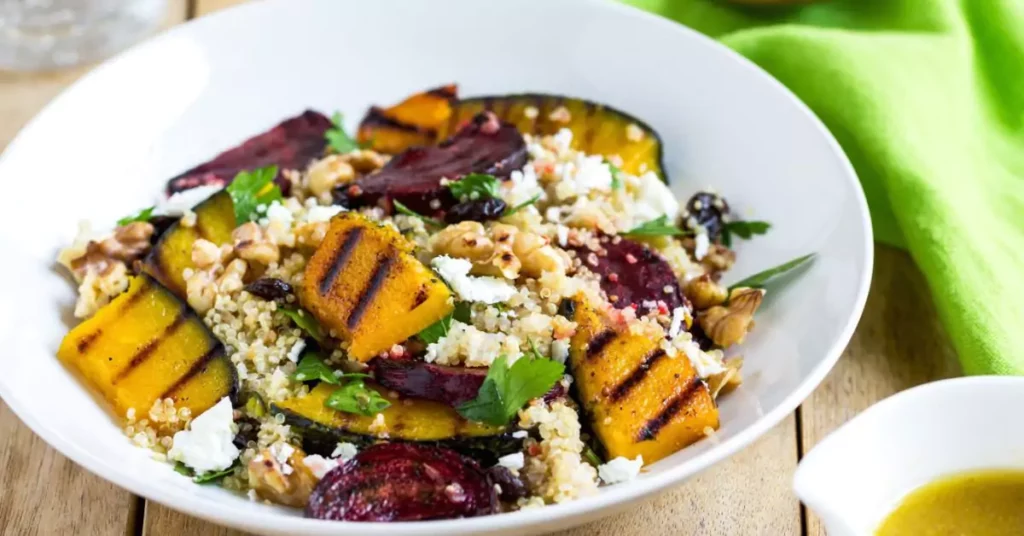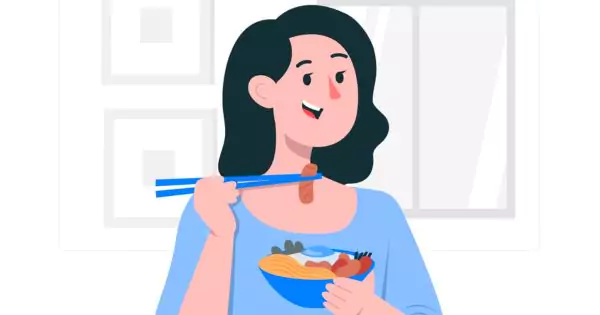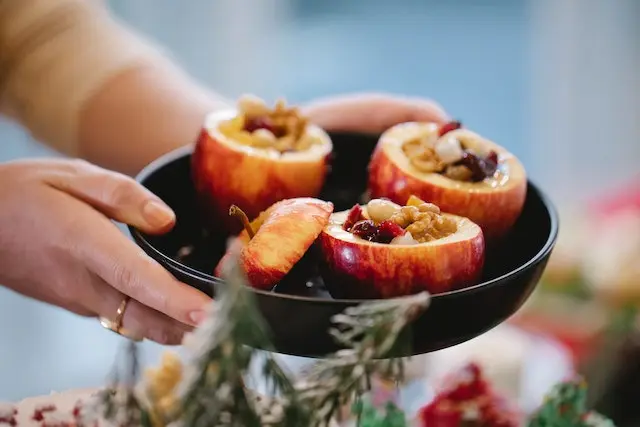
If you’re following a low-carb diet or aiming to keep your blood sugar levels stable, then this list of low-carb fruits that are less likely to cause blood sugar spikes is essential for you. While most fruits are naturally high in sugars like fructose, which can impact blood sugar levels, particularly for those with insulin resistance or diabetes, some fruits are low in carbohydrates and won’t lead to significant increases in blood sugar.
High-Glycemic Fruits to Limit
Fruit is generally healthy, but many are high in carbohydrates which can cause unhealthy spikes in blood glucose levels. Fruits like watermelons, bananas, mangoes, pineapples, grapes, melons, and dried fruits have a high glycemic index and can significantly raise your blood sugar. If you’re managing diabetes or insulin resistance, it’s crucial to be mindful of your portions. For instance, a half banana might be okay, but a whole one could be too much. Some may need to avoid these fruits altogether, depending on how their body reacts.
10 Low-Carb Fruits for Stable Blood Sugar
But don’t worry, there’s good news! There are many fruits with lower carbohydrate content and a low glycemic index, allowing you to enjoy them in moderation without worrying about your blood sugar levels.
To further stabilize your blood sugar, consider eating these fruits whole and pair them with nuts or seeds. For example, combining berries or an orange with a handful of raw almonds can be a delicious, healthy snack. This combination is not only low in carbs but also rich in fiber, vitamins C and E, aiding in cellular protection against oxidative damage.
Fruits with Low Glycemic Index
Fruits with a low glycemic index (GI) are an excellent choice for individuals with insulin resistance or diabetes, as they are less likely to cause rapid spikes in blood sugar levels. A fruit is generally considered low GI if it has a glycemic index of 55 or lower. Here’s a detailed look at some of the best low-GI fruits:
- Strawberries: Strawberries are a delightful, low-carb fruit, containing minimal sugars. They’re an outstanding source of vitamin C, which is crucial for immune function, and antioxidants, which protect your cells from damage. A serving of strawberries can be a refreshing snack or a flavorful addition to a morning smoothie, offering about 32 calories, 7.7 grams of carbs, and 2 grams of fiber per 100 grams.
- Raspberries: These berries are not only delicious but also low in calories and high in dietary fiber and tannins. Their high fiber content (8 grams per cup) helps in managing blood sugar levels, making them an excellent choice for maintaining stable glucose levels. Raspberries are also flavorful, adding a burst of taste to any diet.
- Blackberries: Known for their low glycemic index and high fiber content, blackberries are beneficial for weight management and blood sugar control. A cup of blackberries provides about 62 calories and 7.6 grams of fiber. They are also a rich source of vitamins C and K, enhancing overall health and supporting brain function.
- Avocados: Although often consumed as a vegetable, avocados are technically a fruit. They are high in fiber and low in sugar, with a single avocado providing 1.3 grams of sugar and 13.5 grams of fiber, which is almost half of the daily fiber requirement. However, they are calorie-dense due to their healthy fat content.
- Lemons: Lemons are known for their high vitamin C content and low carbohydrate and sugar levels. They are versatile in culinary uses, enhancing the flavor of various dishes and drinks. One lemon contains only about 17 calories and 5.4 grams of carbs, making it suitable for weight loss diets.
- Grapefruits: Grapefruit is another citrus fruit that is beneficial for diabetics due to its low calorie and sugar content. Half a grapefruit contains about 41 calories, 10.3 grams of carbs, and 8.9 grams of sugar. The fruit’s bitterness is attributed to a compound called naringin. Its low GI of 25 makes it an excellent choice for those monitoring their blood sugar.
- Oranges: Oranges are moderately low in carbs and sugars, with a GI between 30-50. They are a good source of dietary fiber, providing about 3.1 grams per orange, which is 11% of the daily requirement. Oranges are also rich in vitamin C, B vitamins, potassium, and calcium.
- Kiwifruits: Kiwis are a flavorful and nutritious choice, low in sugar and high in vitamin C. One kiwi provides about 42 calories, 10.1 grams of carbs, and 2.1 grams of fiber. Regular consumption of kiwifruits can support healthy blood pressure levels, reduce bad cholesterol, and aid digestive health.
- Peaches: Peaches have a moderate glycemic index of 42. A medium-sized peach provides around 80 calories, 17.5 grams of carbs, and 2.6 grams of fiber. They are beneficial for digestion, immune system support, and may reduce allergy symptoms.
- Tomatoes: Often used as a vegetable, tomatoes are technically fruits and are low in sugars and calories. A tomato contains about 22 calories, 3.2 grams of sugar, and 1.5 grams of dietary fiber. Rich in lycopene, an antioxidant, tomatoes offer health benefits such as reduced risks of cancer and heart disease and are good for skin health.
Precautions: Ensuring Safe and Effective Fruit Consumption
While low-GI fruits are beneficial, certain precautions are essential to maximize their positive impact on health:
- Consult Healthcare Professionals: If you have a medical condition like diabetes, it’s important to consult with your healthcare provider before making significant changes to your diet.
- Mind the Portions: Even low-GI fruits can affect blood sugar levels if consumed in large quantities. Be mindful of portion sizes and how often you’re consuming these fruits.
- Monitor Blood Sugar Levels: Keep track of your blood sugar levels to understand how different fruits affect you personally. This can help you make more informed choices about which fruits to include in your diet.
- Balanced Diet: Ensure that fruits are part of a balanced diet. Pairing fruits with proteins or healthy fats, like nuts or cheese, can help slow down the absorption of sugar and further stabilize blood sugar levels.
- Whole Fruit Consumption: Opt for whole fruits instead of juices or dried fruits, as whole fruits contain more fiber and have a lower GI.
- Allergic Reactions: Be aware of any allergies or intolerances you might have to certain fruits and avoid those accordingly.
- Ripe vs Unripe Fruits: The ripeness of fruit can affect its sugar content and GI. Unripe fruits tend to have a lower GI compared to their riper counterparts.
Conclusion: Embracing Low-GI Fruits for Healthier Living
Incorporating low-glycemic index (GI) fruits into your diet can be a game-changer, especially if you’re managing conditions like diabetes or insulin resistance. These fruits, including strawberries, raspberries, blackberries, avocados, lemons, grapefruits, oranges, kiwifruits, peaches, and tomatoes, offer a way to enjoy the natural sweetness and nutritional benefits of fruit without the worry of rapid blood sugar spikes.
Each of these fruits brings its unique set of nutrients, flavors, and health benefits. From the antioxidant-rich berries to the fiber-packed avocados and citrus fruits loaded with vitamin C, they contribute significantly to a balanced diet. They not only aid in blood sugar management but also support overall health, including heart health, immune function, and digestive wellness.
Moreover, incorporating these fruits into your diet is not just about managing blood sugar levels; it’s about embracing a healthier lifestyle. These fruits can add variety and flavor to your meals, making healthy eating more enjoyable and sustainable.









